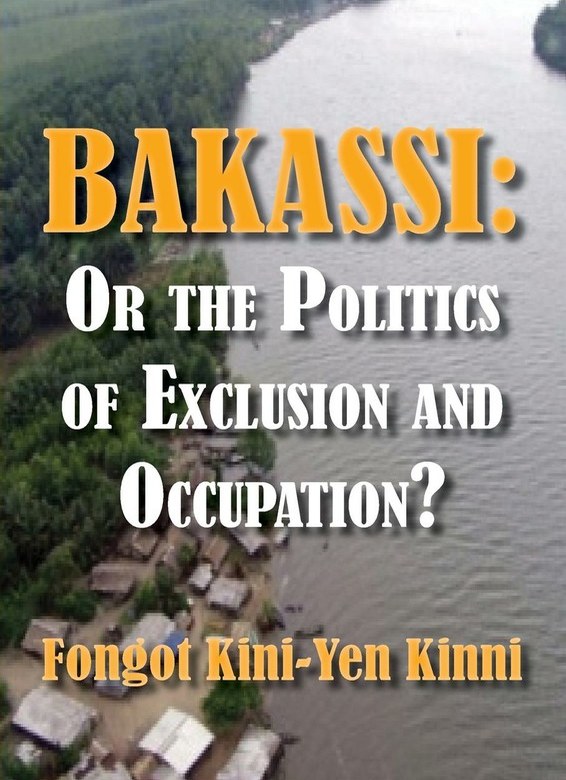written by Fongot Kini-Yen Kinni
This is a complex volume that combines a good deal of survey data on Bakassi and its populations with more ethnographically based insights into the conditions of the Bakassi communities. The book is the outcome of research carried out by Fongot Kini between 2004 and 2009. The work is intended to serve as first hand exhaustive information on the live situation in the contested Bakassi Cameroon-Nigeria border region. The term Bakassi engenders multiple meanings loaded with many conflicting emotional, spiritual and material interests. Native inhabitants are systematically disinherited of their ancestral cultural heritage and socio-economic resources. They are bastardised, humiliated and scammed by unscrupulous opportunists who deliberately misidentify them with intentions of dispossessing them of their ancestral lands and natural resources. Overall the author is in sympathy with the Bakassi who he argues have been marginalised and neglected by the Cameroon state. In particular, the value of the indigenous communities in terms of local economies as well as securing this vital border area has not been recognised and various external groups have been either allowed or encouraged to settle there to both the detriment of local populations and to the security of the region.
| ISBN | 9789956790296 |
| Pages | 476 |
| Dimensions | 229 x 152 mm |
| Illustrations | Colour Illustrations, Colour Photographs and Maps |
| Published | 2013 |
| Publisher | Langaa RPCIG, Cameroon |
| Format | Paperback |





1 comment
“The volume provides a lot of back ground information on the region and its history. Also the author shows first-hand knowledge of the current situation and its recent historical development. As a study of a border region where identities are not necessarily ‘nationalised’ but transcultural, the case provides good material for a much wider debate about borders and marginality and the value of multiple ties and crossings in the face of the intransigence of state led theories insisting on monopolies in use of force in a territory.”
Michael Rowlands, Emeritus Professor of Social Anthropology, University College London